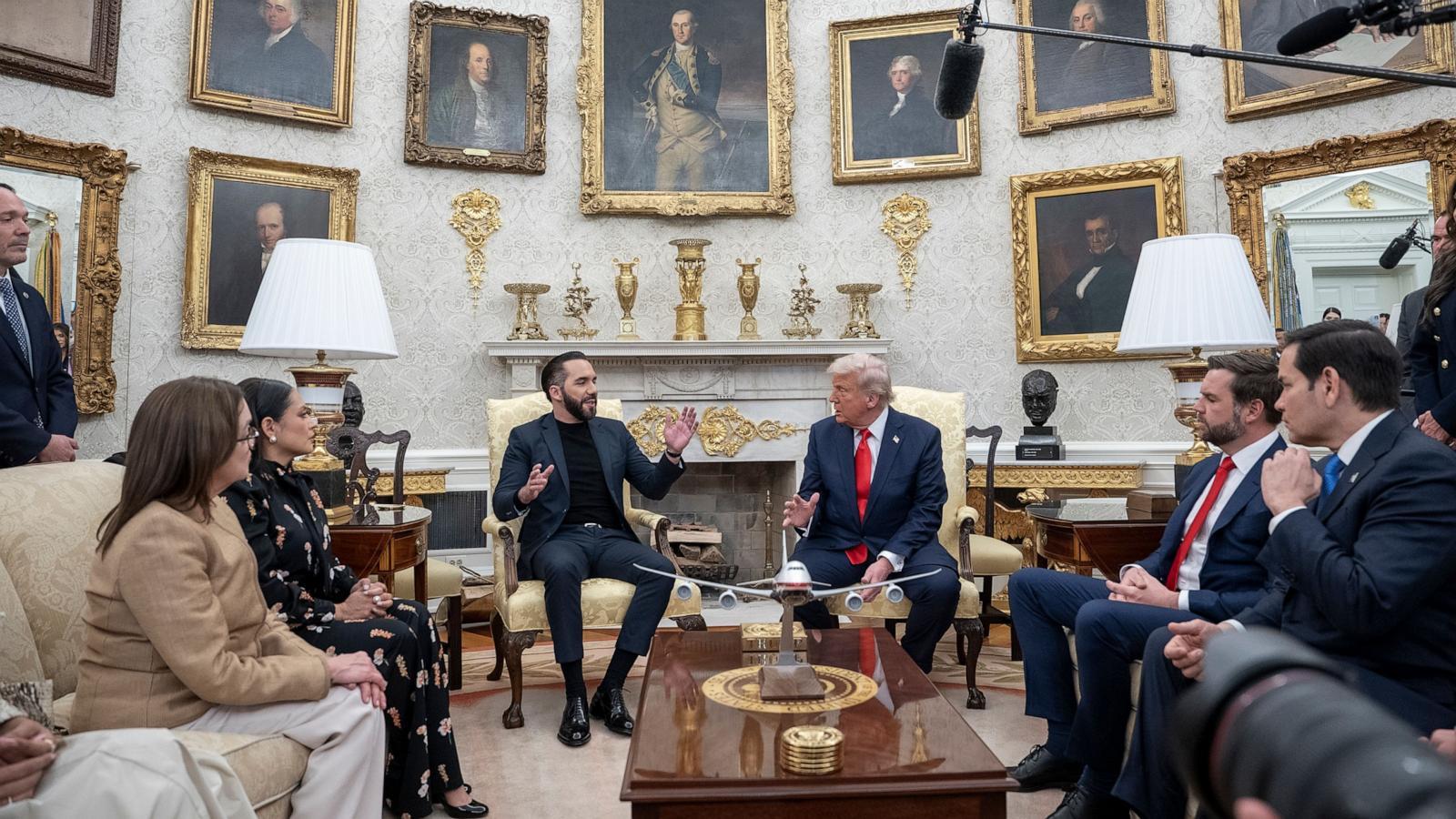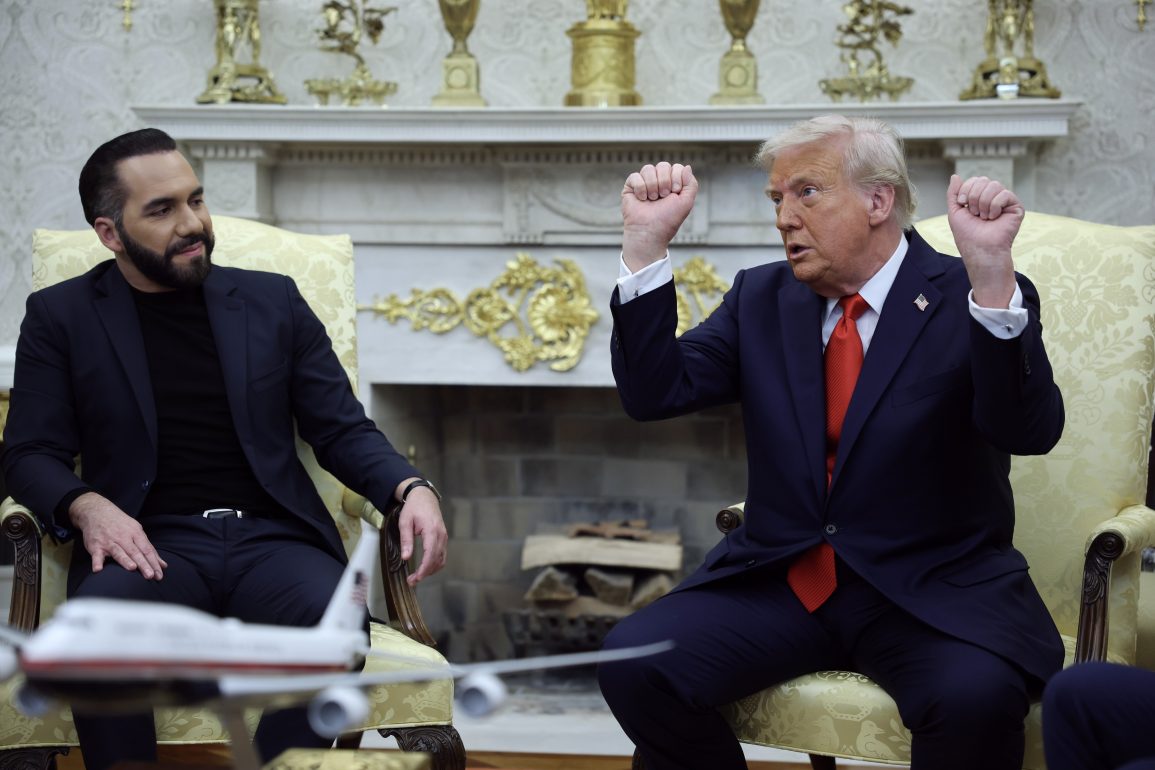During his first term, Donald Trump made no significant effort to pursue the idea of deporting American citizens to foreign prisons, a concept rooted in 17th-century England but largely absent from modern political debate. However, the situation has changed dramatically during his second term. In January, just a week into his second term, Trump introduced the idea of the U.S. potentially paying foreign countries to imprison American criminals. This suggestion was repeated in early February, signaling a shift in his approach toward criminal justice and foreign relations.
Trump Intensifies Push to Send U.S. Inmates to El Salvador’s Foreign Mega-Prisons
As time progressed, Trump’s interest in the idea of sending American citizens to foreign prisons appeared to intensify. In March, he posted on his social media platform, proposing that American criminals, particularly those convicted of vandalizing Tesla vehicles, could be sent to a prison in El Salvador.
He later expressed enthusiasm about the possibility of sending U.S. inmates to El Salvador’s infamous mega-prison, with White House press secretary Karoline Leavitt confirming that Trump was serious about the proposal. This marks a stark contrast to his earlier hesitations and provides insight into his evolving stance on criminal justice and foreign incarceration.

Trump’s interest in this concept became more evident when he hosted El Salvador’s President Nayib Bukele at the White House. During their meeting, Trump privately suggested that the next step might be to send “homegrown criminals” to foreign prisons, and hinted that El Salvador would need to build more prisons to accommodate them. This conversation was followed by additional comments in interviews and public appearances where Trump reinforced his position, even as the proposal continued to garner significant backlash due to its legality and ethical implications.
Trump Defends Foreign Imprisonment Idea as Public Opinion Strongly Rejects the Proposal
Despite widespread criticism of the proposal, Trump has continued to advocate for the idea of sending U.S. citizens to foreign prisons. When questioned by Time magazine, Trump reiterated his desire to send criminals to other countries, provided it was legally permissible. He clarified that he was referring to “career criminals” who have committed serious offenses, suggesting that the U.S. could reduce its burden of housing them for decades. His comments underscore his commitment to the idea, even though it remains controversial and likely illegal under current U.S. law.
Despite Trump’s continued support for the concept, public opinion strongly opposes the idea. A New York Times-Siena College poll found that 73% of voters, including a majority of Republicans, believe that a president should not have the authority to send U.S. citizens to foreign prisons. Only 10% of the public supported the idea, reflecting near-universal disapproval across the political spectrum. This overwhelming opposition indicates that, despite Trump’s persistent promotion of the idea, it is unlikely to gain traction among the American public. However, his consistent focus on the issue suggests that he either disregards public opinion or believes he can sway it over time.


